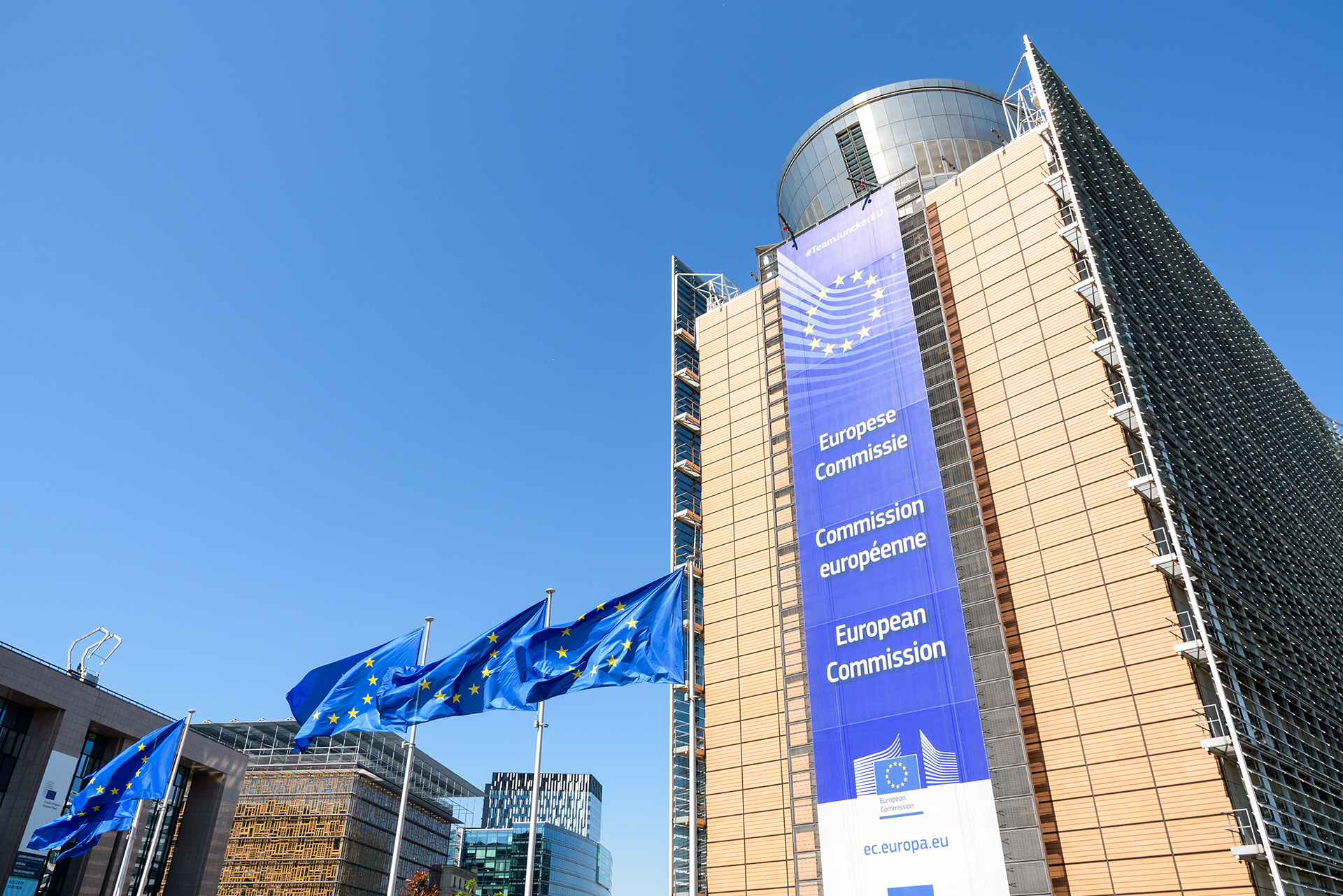The security and prosperity of any economy is influenced by both the climate regime and a sustainable, secure and affordable energy system. The current energy crisis demonstrates the essential role of natural gas in the smooth functioning of economies. The European Commission (EC) decided earlier this month to include natural gas in the taxonomy - the classification system for green activities - with clear limits and phase-out periods, in practical recognition of the role of this resource in ensuring a smooth and controlled transition towards the ambitious 2050 climate neutral targets, focused on increasing the share of renewable energy.
The EC's decision was motivated by the fact that natural gas will continue to play an important role in energy consumption and production until 2030, after which it is expected to decrease in view of the 2050 targets.
"The EU Taxonomy aims to prevent environmental misinformation and help investors to identify economic activities that meet EU environmental and climate objectives. Switching to renewable energy is essential to achieve climate neutrality. On the other hand, stable sources are also needed to speed up the transition towards zero net emissions of greenhouse gases", says the Brussels executive, justifying the EU's complementary delegated taxonomy (source, HERE).
The complementary delegated act in the field of climate presented by the Commission includes certain activities in the natural gas sector, as well as nuclear energy, in the category transition activities. "These are activities for which low-carbon alternatives are not yet technologically and economically feasiblebut which contributes to climate change mitigation and have the potential to play a major role in the transition to a climate neutral economyin line with the EU's climate targets and commitments and under strict conditions, without replacing investment in renewable energy sources," says the European Commission.
What the European Commission's decision means for Romania
Decision to include natural gas in taxonomy opens "key opportunities for the coming years, which should ensure that the Union's energy security is strengthened by wise and balanced exploitation of Community energy sources", says Cosmin Marinescu, Presidential Advisor - Department of Economic and Social Policies.
He emphasizes that "beyond its inflationary impact, the current energy crisis is shaping up to be more damaging to the economy than the pandemic and related restrictive measures" and points out that "the EU's heavy dependence on energy imports has continued, despite the fact that renewable energy production has been steadily increasing in the Union over the last 10 years".
In the context of the crisis, "perhaps it is time for a fundamental fine-tuning of the European timetable for "greening" the economy," he added, according to "Energy - key issue for the post-pandemic economy".
The presidential advisor also emphasized that the European Commission's decision is also the result of the steps Romania has consistently taken at the European Council. Moreover, at the European Council meeting of October 21-22, 2021, the President of Romania, Klaus Iohannis, emphasized "the importance of using all sustainable energy resources of the Union in order to reduce the current energy dependence on third party suppliers".
He also insisted that "European energy security depends on the use of a a balanced mix of energy sources and technologies, including natural gas and nuclear energy, which should guide European policies on taxonomy"(details, HERE). Also at the European Council meeting on December 17, President Klaus Iohannis recalled "vital importance of gas and nuclear energy for Romania in ensuring energy security, affordable energy access and a just energy transition"(details, HERE).
A decisive moment for the swift implementation of Romania's strategic projects
The inclusion of natural gas in the EU taxonomy is a very important decision for Romania, which is counting on natural gas to decarbonize the energy sector in a way that is accessible and affordable for consumers and which also ensures energy security.
"This is a particularly important, one might even say decisive, moment for the swift implementation of Romania's strategic projects in the field of offshore natural gas"said presidential adviser Cosmin Marinescu.
A project repeatedly declared strategic by state representatives is the exploitation of natural gas from the Black Sea, from deep-sea deposits. This year marks 10 years since important resources were discovered there, which would make us not only self-sufficient in terms of supply, but even a provider of energy security in the region.
Romania needs these resources at a time when the rate of imports has increased year on year, which makes us even more vulnerable in crisis situations such as the one that the whole of Europe is going through now. Unfortunately, investment-unfriendly legislation is still blocking the development of offshore resources and lawmakers have yet to correct it. In the meantime, Romania has lost state budget revenues and jobs that would have been created if we had had the natural gas from the Black Sea, while becoming increasingly dependent on imports.
Beyond ensuring energy security in a geopolitical context strained by the conflicts between Russia and Ukraine, Romania has one more window of opportunity to capitalize on these resources, given the European Commission's increasingly strict environmental policies. The complementary Climate Complementary Delegated Act recognizes the role that natural gas can play in supporting decarbonization, "for a limited time until better alternatives based on renewable technologies are sufficiently developed or low-carbon", Brussels officials point out.
Illusions won't solve the energy crisis
"The best way to tackle climate change is not to set targets for 2050 that nobody has any idea how to reach," writes Thierry Bros, an energy and climate expert, in an opinion published by EurActiv.com.
According to him, the high energy scenarios of the European Green Deal have so far done nothing to solve the climate crisis, but are proving very effective in fueling the ongoing energy crisis. Thus, "Europe is in the midst of the worst energy crisis in a generation".
"Current actions based on wishful thinking do not solve the climate crisis, but they actually aggravate the current energy crisis and a potential EU recession," he notes. In his view, "the recent publication of the EU's second taxonomy delegated act is a political recognition that natural gas and nuclear energy are necessary for an effective energy transition." (Source, HERE)
On the other hand, the Taxonomy is not an instrument of EU energy policy, but a tool to increase transparency in the financial markets for sustainable investments by the private sector. This means that, if not included in this list of sustainable activities, certain investments will be much harder to finance.
The European Commission underlines that "Member States remain fully responsible and competent for determining their own energy mix and striking the right balance - on energy security, energy price stability and their commitment to decarbonization and climate neutrality".
In Romania, natural gas is a main fuel in the energy mix. This is why, in the transition of the national economy towards achieving the objectives of the European Green Pact, one of the main resources on which we can develop is natural gas, which we still have in abundance, said Cătălin Niță, Executive Director of the FPPG. He added that in this transition process it is important to keep a certain technological neutrality and let the market discover the best solutions and technologies for Romania's economy to achieve the 2030 and 2050 targets.
On the other hand, despite the available resources, for many years Romania has not supported their valorization, but, on the contrary, has discouraged investment. And if we do not get them out of the ground, these resources are nobody's resources. They are a chimera which will neither help us get through the winters safely, nor help us develop the economy on the difficult road of transition.





